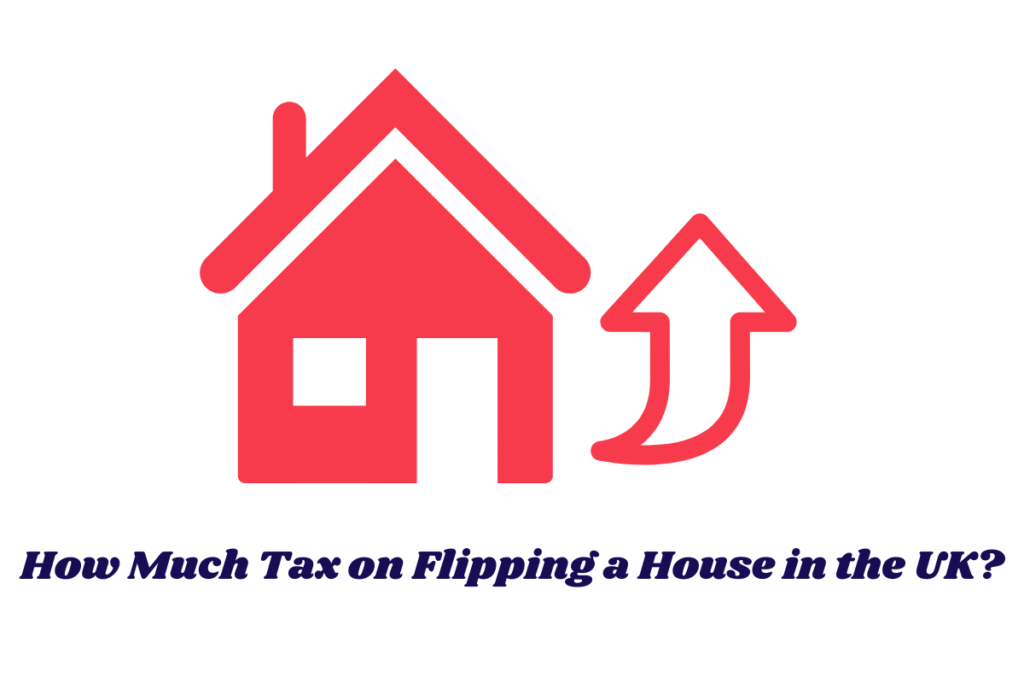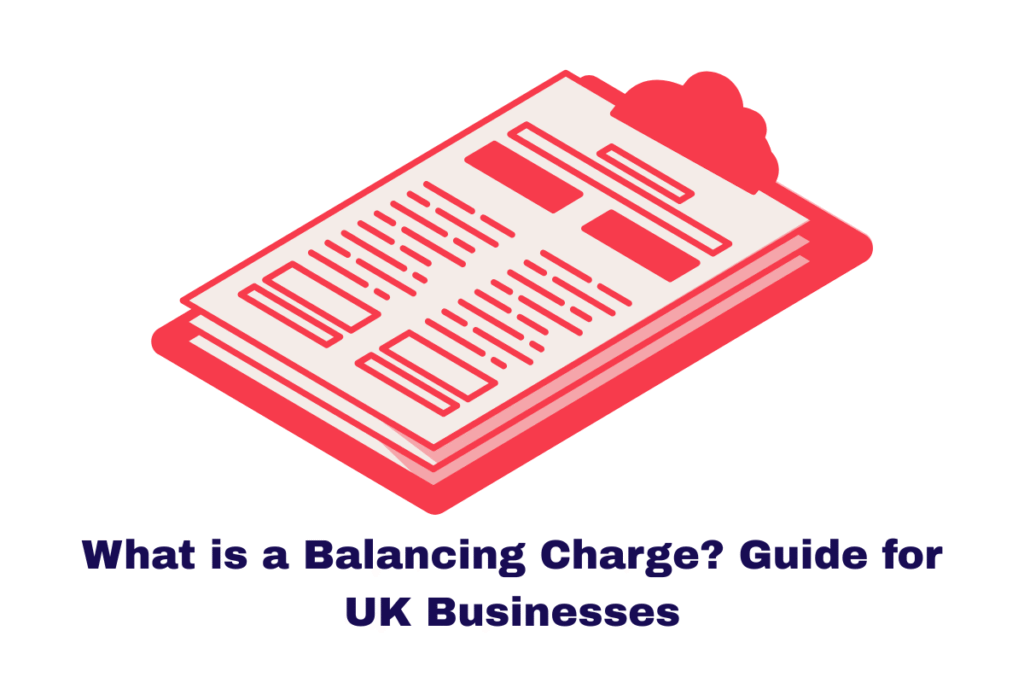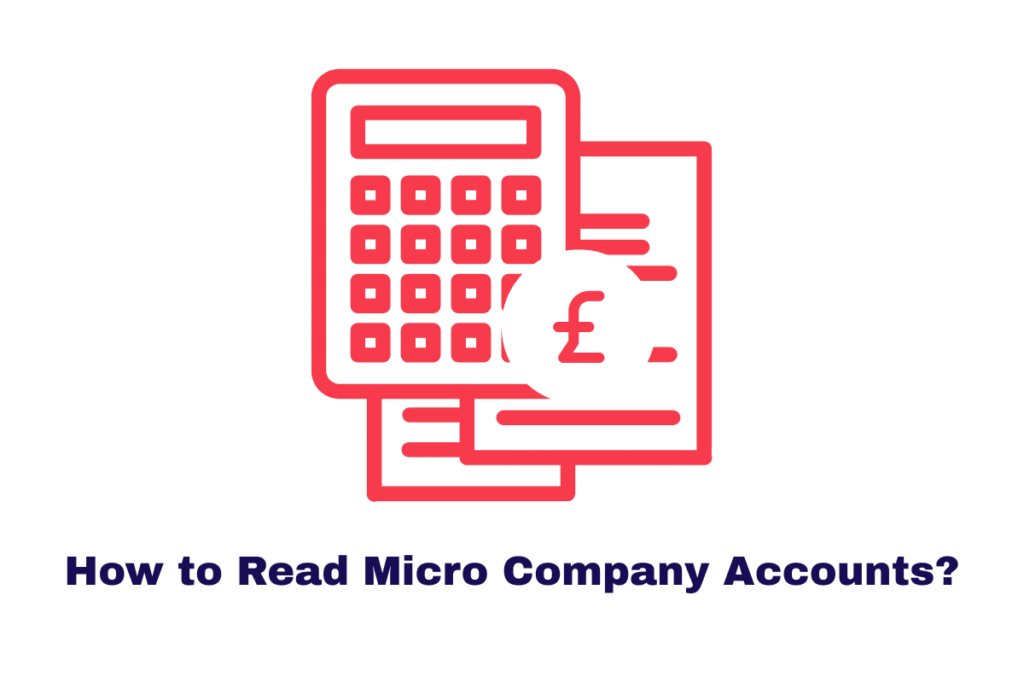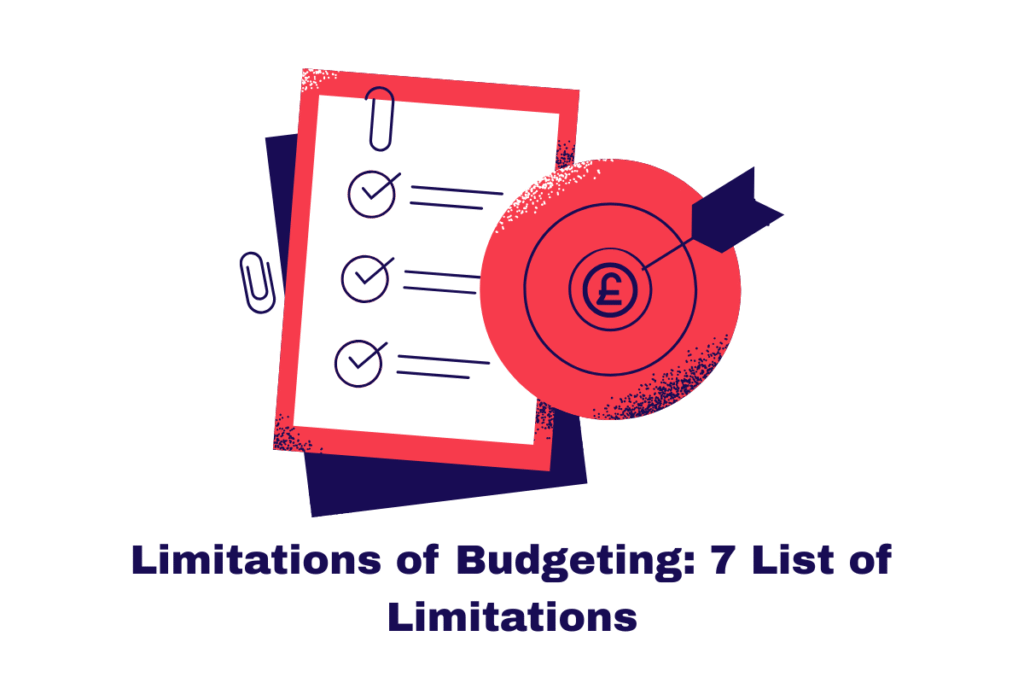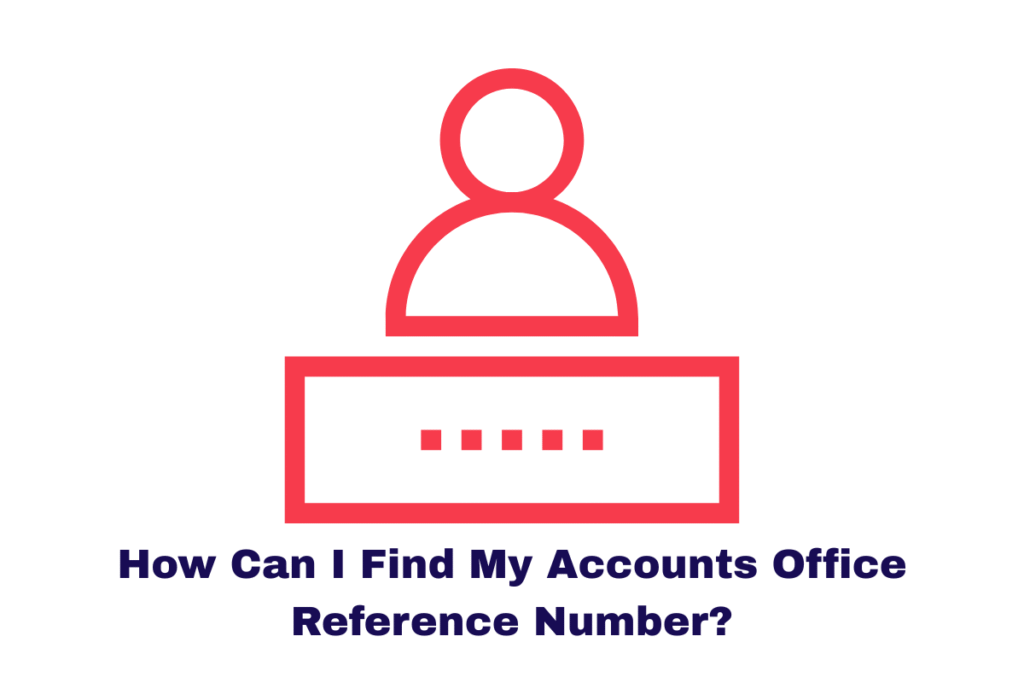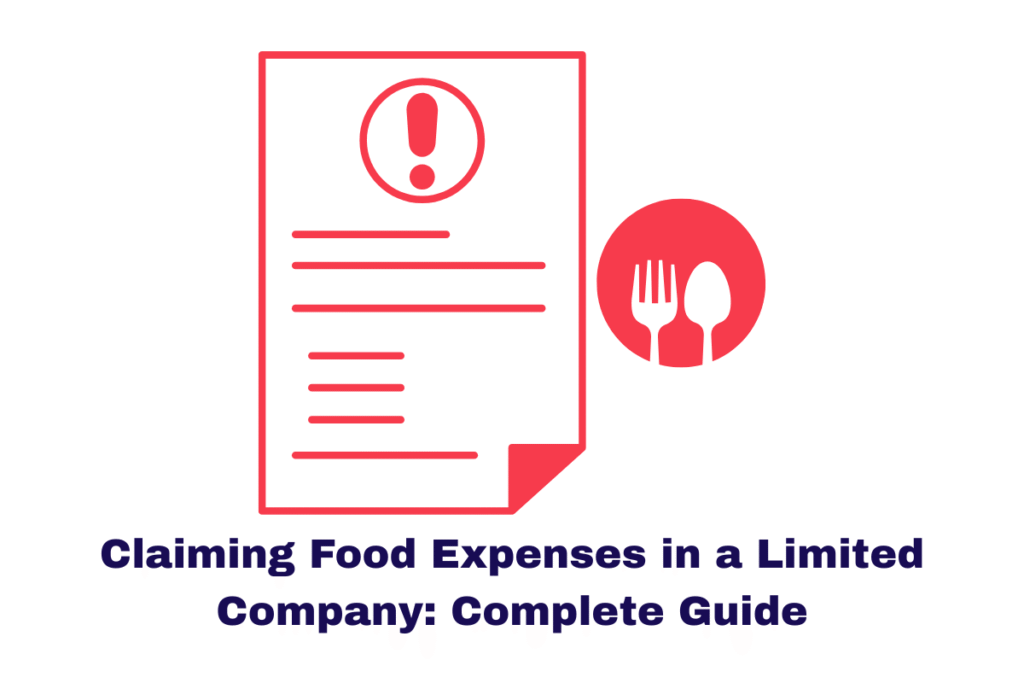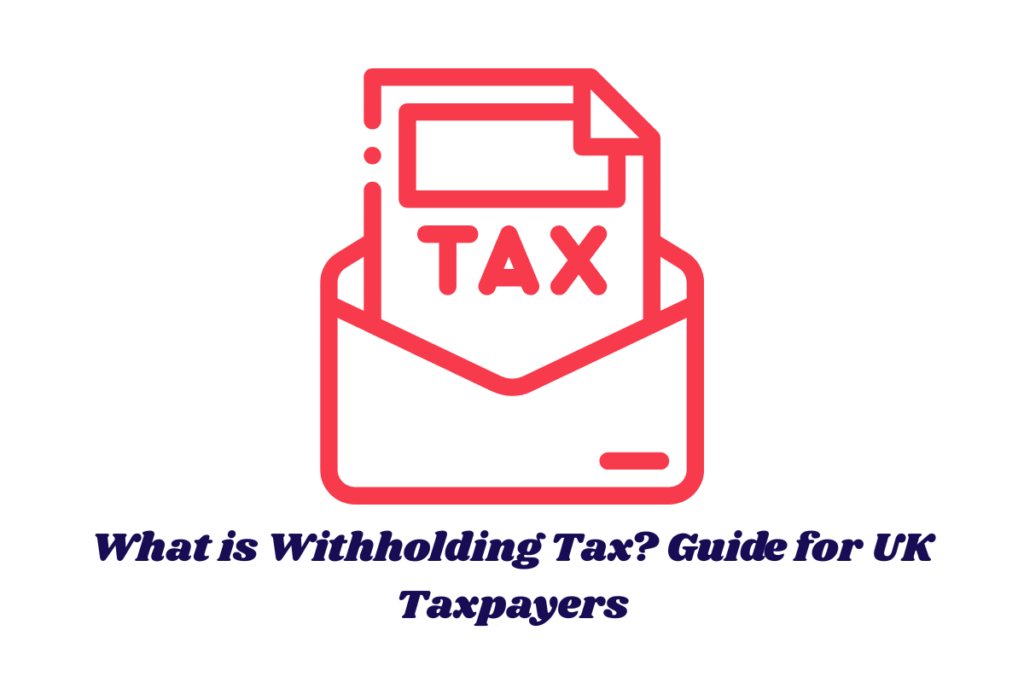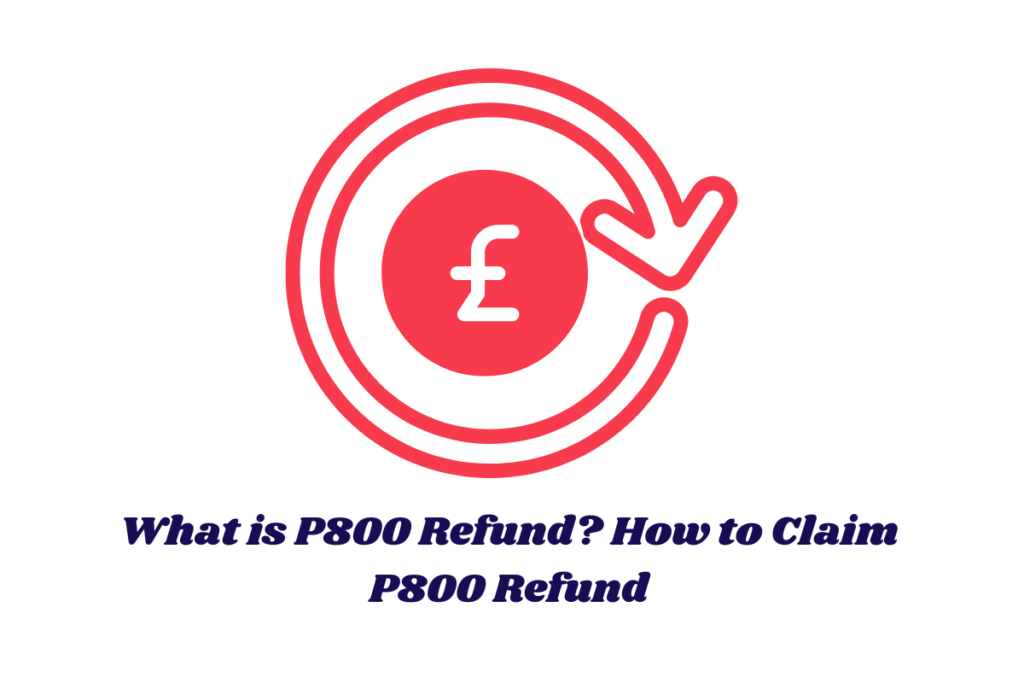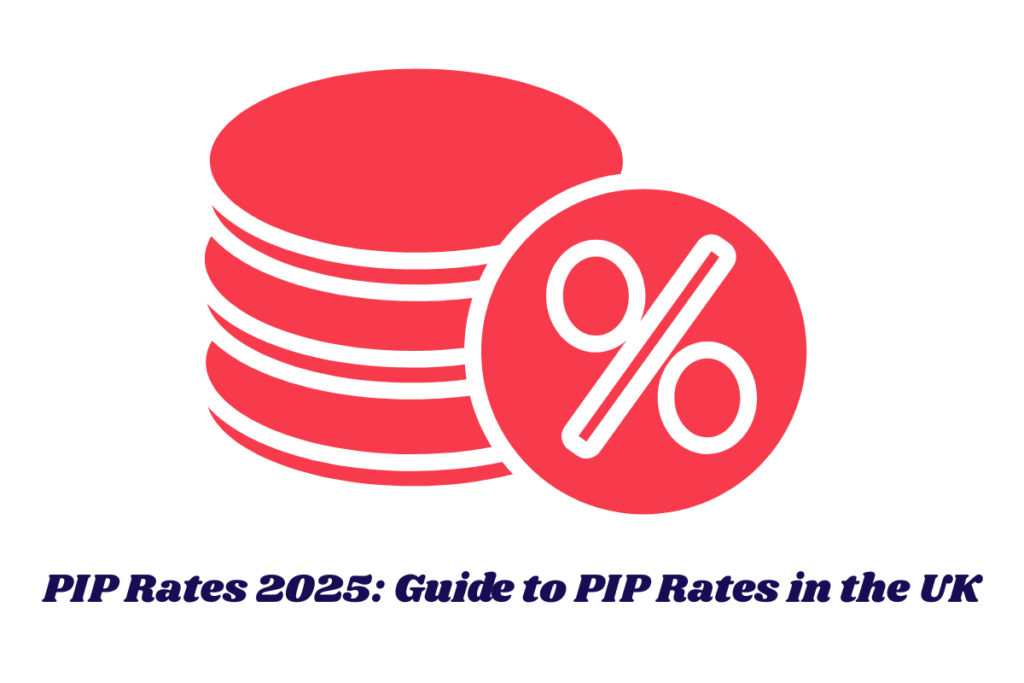Tax on flipping a house refers to the HMRC rules that classify short-term property projects as trading activities subject to Income Tax rather than Capital Gains Tax.
House-flipping profits in the UK are normally treated as taxable trading income, assessed using HMRC’s Badges of Trade and charged at rates of up to 45% plus Class 2 and Class 4 National Insurance contributions.
Property developers who buy, renovate, and sell homes within short cycles fall within HMRC’s trading framework, a regime far stricter than the 20% CGT rate applied to standard investments.
This tax treatment applies to most commercial resellers, including small-scale flippers operating alongside buy-to-let portfolios, making accurate classification essential for compliance and profit calculation.
What is House Flipping?
House flipping refers to the process of purchasing a property, renovating it, and selling it shortly after for a profit. Unlike traditional property investments where assets are held long-term, flipping is a short-term strategy focused on capitalising on market opportunities.
HMRC does not always view flipping as an investment. Instead, it may be treated as trading activity, which changes how profits are taxed.
Is House Flipping Profitable in the UK?
Yes, house flipping can be profitable, especially in regions with rising property values. Following the COVID-19 pandemic, the UK property market saw fluctuations, creating new opportunities for savvy investors.
However, the true profitability lies in careful financial planning, including understanding your tax obligations on flipping a house.
You can read more articles on different taxes in the UK:
PIP Rates 2025: Guide to PIP Rates in the UK
What is P800 Refund? How to Claim P800 Refund
Tax on Flipping a House: The Basics
The main taxes you may encounter when flipping a house include:
- Income Tax
- Capital Gains Tax (CGT)
- Corporation Tax (if operating via a limited company)
- Stamp Duty Land Tax (SDLT) on purchase
Which tax applies depends on how HMRC classifies your activity.
Trading Profit vs. Capital Gain
The bedrock of determining your UK tax liability on any property transaction lies in correctly categorising the activity.
Is the profit derived from an investment held for capital appreciation (Capital Gains), or is it derived from a commercial activity performed with a view to generating a short-term profit (Trading Income)?
HMRC treats profits from property ‘flipping’ as trading income where the primary intention at the point of purchase was to dispose of the property quickly for a profit, having undertaken varying levels of renovation or enhancement.
Income Tax vs. Capital Gains Tax
| Tax Type | Applicable to | Current UK Rates (2024/25) | Key Implication for Flippers |
| Income Tax | Trading Profits (The default for flipping) | 20%, 40%, 45% (plus National Insurance) | Significantly higher tax rate on profit. |
| Capital Gains Tax (CGT) | Investment Gains | 18% (Basic rate), 24% (Higher rate) | Only applies if the property was genuinely held as a long-term investment. |
When a property is deliberately acquired, renovated, and sold rapidly, it clearly demonstrates the characteristics of a trading venture.
Consequently, the answer to Do you get taxed on flipping houses? is a resounding “Yes, and often at your highest marginal tax rate.” Understanding precisely how are real estate flips taxed requires us to examine the criteria HMRC uses to classify your activity.
HMRC’s Litmus Test: The Badges of Trade
To establish whether a series of property transactions constitutes a “trade,” which is taxed via Income Tax, HMRC rigorously applies a set of common law criteria known as the “Badges of Trade.”
These are the central legal pillars upon which any audit of your property activities will be based.
The Nine Badges of Trade
As an expert Tax Advisor, I advise all flippers to scrutinise their actions against these points, as they dictate the ultimate Tax on Flipping a house:
-
Subject Matter of the Sale: While property is traditionally a capital asset, its nature changes if it is routinely bought and sold.
-
Length of Ownership: The shorter the period between acquisition and disposal, the stronger the indication of trading intent. A holding period of 6–18 months is highly suggestive of trading.
-
Frequency or Number of Similar Transactions: If you undertake multiple flips in a short period, you are clearly establishing a pattern of trade. This is the most compelling badge for HMRC.
-
Supplementary Work: The extent of renovation, repair, or modification undertaken. If the work goes beyond mere essential maintenance (e.g., structural changes, extensions, significant internal remodelling), it points towards trading to enhance salability and profit.
-
Circumstances of Realisation: A forced or unplanned sale is less likely to be trading than a highly marketed, deliberate sale.
-
Motive: The stated or demonstrable primary intention at the time of purchase. If the legal paperwork or internal records indicate an intent to sell for profit quickly, it is deemed trading.
-
Source of Finance: Using high-interest, short-term finance (like bridging loans) suggests a desire for rapid turnaround, indicative of a trade rather than a long-term investment.
-
Method of Acquisition: Acquiring a property through a means that facilitates quick turnaround, such as auctions, can point towards trading.
-
Connection to Existing Trade: If you are already a builder, architect, or property developer, the flip is likely an extension of your existing trade.
If multiple badges point towards trading, HMRC will reclassify the profit from the house flip as Income Taxable. Therefore, the precise calculation of how are real estate flips taxed depends entirely on the robust evidence you hold regarding your genuine intention at the time of purchase.
Demystifying the Industry and Historical Rules
Aspiring flippers often encounter confusing jargon or historic rules that are no longer strictly relevant to the current UK tax landscape, yet they remain popular keywords. As an expert, I must clarify their role.
Addressing What is the 36 month rule? (Private Residence Relief)
The “36-month rule” is a historical reference to the final period of ownership that qualified for Principle Private Residence (PPR) Relief. PPR exempts a gain from CGT if the property has been your only or main home.
The Current Reality:
-
The final period of ownership that is automatically covered by PPR has been drastically reduced. As of the current tax year, this period is now 9 months.
-
Crucially, PPR only applies to genuine investments, and even then, its application in the context of flipping is highly restricted and scrutinised.
-
If you buy a house, move in, refurbish it, and sell it rapidly (say, within a year), HMRC will closely examine your “intention to reside.” They will ask if you genuinely intended the property to be your long-term home, or if you simply moved in to exploit the PPR exemption, a form of tax avoidance known as “land-related transactions.”
-
If HMRC determines that the only purpose of residing there was to gain a tax advantage, the entire profit will be subject to Income Tax, making the question of Tax on Flipping a house moot, as CGT reliefs will be unavailable.
In short: Do not rely on brief occupancy to mitigate the Tax on Flipping a house; HMRC is expert at spotting this manoeuvre.
Addressing What is the 70% rule in house flipping in the UK? (A Commercial Metric, Not a Tax Rule)
The “70% rule” is not a piece of HMRC legislation, regulation, or tax guideline. It is a widely used rule of thumb within the property investment industry, a commercial calculation designed to help flippers determine their maximum profitable offer price.
The formula typically works as follows:
This rule helps ensure a sufficient margin to cover unexpected costs, holding fees, and, most importantly, the eventual tax liability.
Tax Relevance: While the rule is commercial, it underscores the trading nature of the activity. Anyone applying a metric like the “70% rule” is treating the transaction as a business venture focused on short-term profitability, strengthening HMRC’s case that the profits fall under Income Tax. The application of such structured business formulas further confirms that how are real estate flips taxed will almost certainly be under the Income Tax regime.
The High Cost of Trading: Income Tax and National Insurance
Once HMRC classifies your house flipping as a trade, your profits are treated exactly like the income of a self-employed individual (a sole trader), or the profit of a Limited Company.
Scenario A: Flipping as a Sole Trader
The profit (Sale Price minus Allowable Expenses) is added to your total annual income (e.g., salary, rental income).
-
Income Tax: The profit is taxed at Basic Rate (20%), Higher Rate (40%), or Additional Rate (45%), depending on your overall earnings.
-
National Insurance Contributions (NICs): You will also be liable for Class 2 and Class 4 NICs on your trading profit. This significantly increases the total Tax on Flipping a house.
Therefore, when asking Do you get taxed on flipping houses?, the full weight of the UK tax system, including both Income Tax and NICs, must be accounted for.
Scenario B: Flipping through a Limited Company (Corporation Tax)
Many professional developers opt for a Limited Company structure, which pays Corporation Tax on profits.
-
Corporation Tax: The rate varies based on profit level, generally 19% (for profits up to £50,000) up to 25% (for profits over £250,000).
-
Double Taxation: While the Corporation Tax rate may seem lower, you must consider the tax on extracting the remaining profit (e.g., salary via PAYE or dividends). Dividends are taxed separately, leading to a layer of “double taxation.”
The choice of structure is complex. For high-volume traders, a company may be advantageous, but it requires careful planning to minimise the total tax burden on the ultimate profit withdrawal. It is a crucial step in defining how are real estate flips taxed strategically.
Expert Tip: Regardless of structure, you must carefully track all “Allowable Expenses,” including solicitor fees, Stamp Duty Land Tax (SDLT), building materials, labour costs, bridging loan interest, and marketing fees. These costs reduce the taxable profit and directly mitigate the final Tax on Flipping a house.
Secondary Tax Considerations: SDLT and VAT
While Income Tax or Corporation Tax captures the profit, a house flip involves other significant tax liabilities that cannot be ignored.
Stamp Duty Land Tax (SDLT)
SDLT is payable on the purchase of the property. For a professional flipper, several considerations apply:
-
Surcharge for Second Homes/Investment Properties: Most flippers will pay the 3% SDLT surcharge applied to additional residential properties.
-
Corporate Buyer Rates: If buying through a Limited Company, the higher rates are standard.
-
Multiple Dwellings Relief (MDR): If you purchase a single plot containing two or more dwellings (e.g., a house with a self-contained annexe), you may be able to claim MDR, which calculates SDLT based on the average price per dwelling. This is a vital planning point for large-scale Tax on Flipping a house strategies.
(To enhance authority, here is the first external link reference: For current SDLT rates and rules, refer to the official HMRC guidance on Stamp Duty Land Tax.)
Calculate your SDLT using Stamp Duty Land Tax Calculator.
Value Added Tax (VAT)
VAT is notoriously complicated in property development. Generally, the sale of an existing residential property by a flipper is an exempt supply for VAT purposes. However, VAT becomes highly relevant when dealing with new build conversions or significant structural changes:
-
Zero-Rating: Certain services (like construction) for the creation of new residential dwellings from non-residential buildings (e.g., barn conversions) can be zero-rated.
-
Reduced Rate: Services related to qualifying renovations of a residential property that has been empty for two years or more may qualify for a reduced 5% VAT rate.
-
Input VAT: If you are VAT registered, you can potentially recover Input VAT paid on materials and services, which significantly reduces costs.
Ignoring VAT can lead to huge unforeseen liabilities, reinforcing the need for expert advice on how are real estate flips taxed across all legislative layers.
The Paperwork Imperative
HMRC expects comprehensive documentation to support the claim that a transaction is an investment (CGT) or a trade (Income Tax).
If challenged, failure to produce these records will result in the default classification being the most advantageous to the Exchequer (Income Tax).
Essential Records Include:
-
Financial Documentation: All purchase and sale contracts, completion statements, bridging loan agreements, mortgage details, and all related invoices and receipts for materials and labour.
-
Intent Documentation: Written notes, internal meeting minutes, or emails detailing the initial purpose of the acquisition. If you genuinely planned to live there, retain evidence like registered electoral roll details, utility bills, and correspondence addressed to you at that property address over a substantial period.
-
Time Logs: Detailed logs tracking the hours spent on renovations, administration, and marketing, which help substantiate the scale of the trading activity.
The more professional and detailed your records, the greater your defence against HMRC reclassifying your investment intentions and the clearer the picture becomes regarding the true Tax on Flipping a house.
Does Renting Before Selling Affect Tax?
If you rent out the property before selling it, your income will be taxed under rental income rules.
When you sell it, Capital Gains Tax will likely apply, not income tax. If the property was your main residence, you may also qualify for Private Residence Relief, reducing your CGT liability.
How to Reduce Your Tax on Flipping a House
You can legally reduce your tax burden with proper planning:
- Use allowable expenses: Include renovation costs, legal fees, and agent fees.
- Structure your business wisely: Operating via a limited company may reduce your tax if profits are reinvested.
- Plan timing of sales: Spread profits across tax years if possible.
Always keep detailed records of all transactions and consult a professional accountant to maximise your deductions.
Use Our Listen to Taxman Calculator
Want to know how much tax on flipping a house you might owe? Use our powerful and accurate Listen to Taxman Calculator to calculate your income tax, corporation tax, and CGT with ease. Get clarity before you flip!
Final Thoughts
The British property market offers immense opportunities for profit, but it demands respect for the UK tax legislation. Navigating the treacherous divide between legitimate investment (CGT) and deliberate trading (Income Tax) is the most critical challenge facing any flipper.
The key to minimising your liability is not avoiding the tax but correctly calculating and provisioning for it.
By understanding the “Badges of Trade,” dismissing misleading historical notions like What is the 36 month rule?, and recognising that commercial guides like What is the 70% rule in house flipping in the UK? reinforce the trading intent, you can approach the market with professional confidence.
If you are serious about succeeding in property development, the question of How are real estate flips taxed? should be settled before you make your first offer.
Always engage a qualified UK Tax Advisor who specialises in property to structure your venture appropriately and ensure complete compliance.
Failure to do so risks a significant reassessment by HMRC, resulting in substantial back taxes, interest, and penalties, turning a profitable flip into a costly liability.
The content provided on TaxCalculatorsUK, including our blog and articles, is for general informational purposes only and does not constitute financial, accounting, or legal advice.
You can also visit HMRC’s official website for more in-depth information about the topic.
